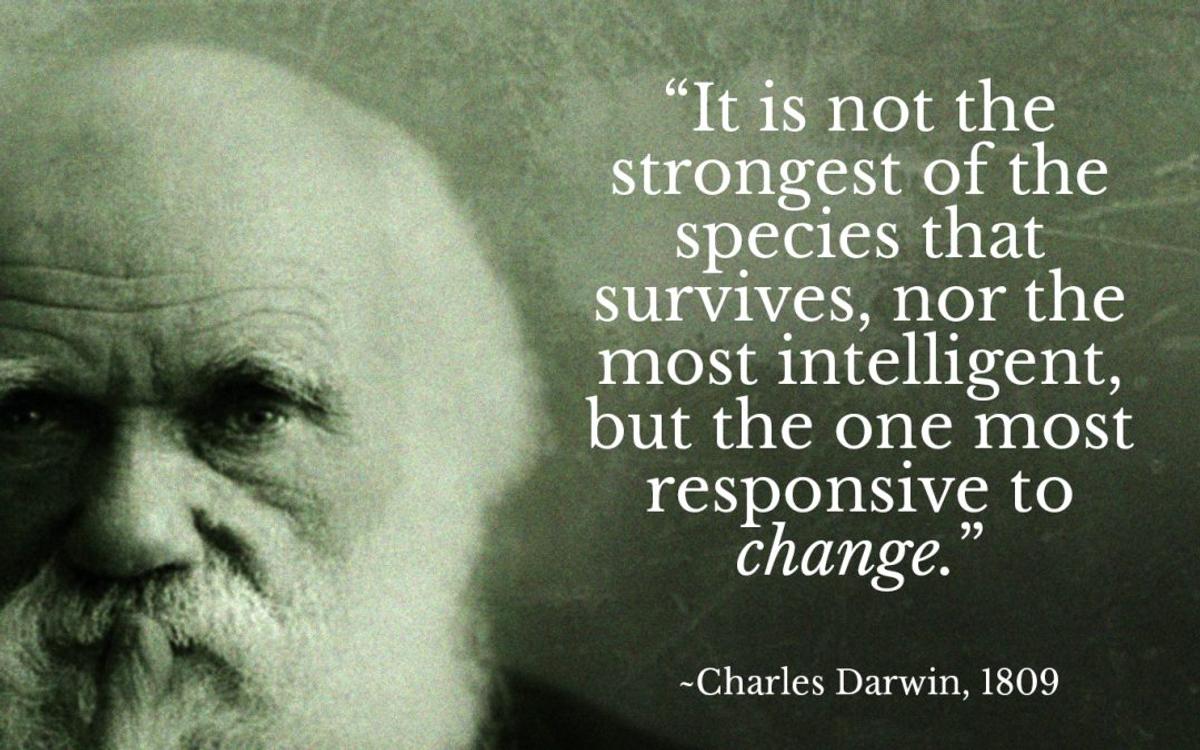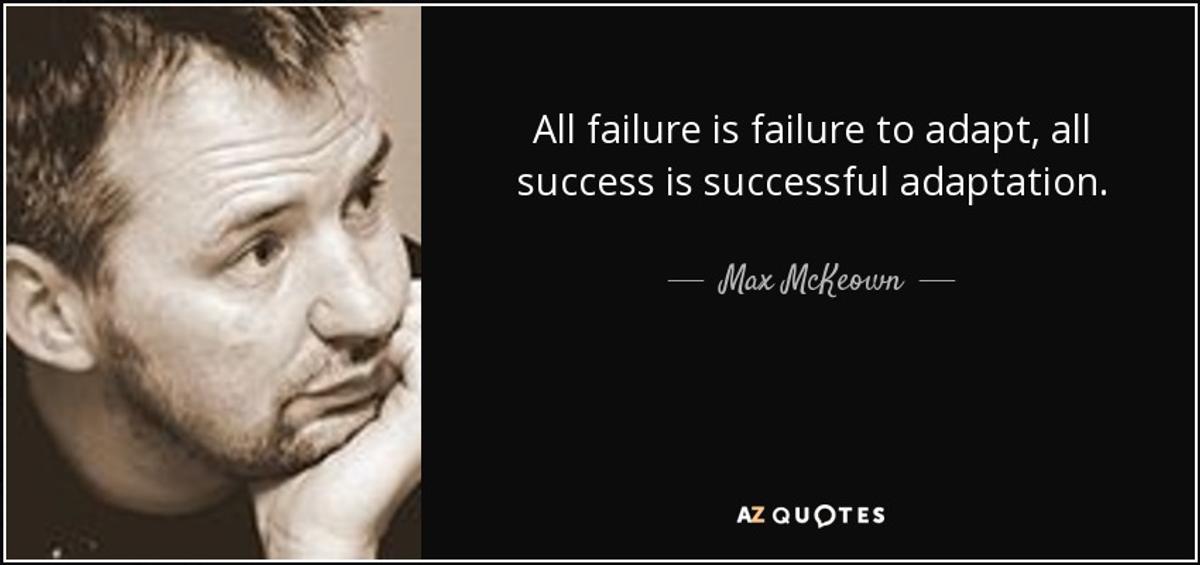Adaptation in football and in life
Josip Loncaric

Adaptation in football and in life
Josip Loncaric
Adaptation in football is a topic that should concern all junior coaches, parents and especially, players. Being a dominant junior player at a particular age level can sometimes be a hindrance to a player’s development, which requires challenge and adaptation to grow. Just like a chick that hatches from an egg, or a caterpillar that breaks through a cocoon, a person needs obstacles to fight through to discover just how capable they can become.


I recently had a conversation with a current professional player in the men’s A-League and he raised an interesting point about younger players in the squad that get the opportunity to play with the first team in training matches. In the professional environment, all players wear GPS units to track movement, heart rate, and a host of other objective data that strength and conditioning coaches and analysts use to feed important information to the coaching staff.
In conversation with this seasoned professional player when speaking about adaptation to the professional level, one of the observations that began as a subjective one, quickly had data to back it up and it supports the argument that adaptation to the professional level can be a hurdle that some players will never overcome.
In our conversation, we spoke about a handful of younger players that perform really well in intraclub matches against potential starting lineup players, but as soon as they are put into the first-string side at training, their performance drops and they fail to adapt to the pressure of being in the coach’s mind to play on the weekend. Interestingly, the GPS data related to their heart rate from when they were with the second-string team as opposed to the first eleven was significantly higher when they were with the first eleven. Amongst other things, an increased heart rate is associated with anxiety and the effects of pressure, which can be perceived as heightening when a player is under the watchful eye of the head coach.
At lower level, this is seen when a reserve or under 18 player is given the chance to train with the senior team. In most cases, if it is the first time with the senior group, the young player struggles to adapt to the increased speed, physicality, technical ability and tactical requirements of a higher level.
Sometimes, the timing of the opportunity is not at the optimal moment for the youngster but sometimes the opportunity doesn't present itself more than once because at the top end of the football cycle, results are everything.


Listening to a podcast with former Manchester United multiple title and Champions League winner Wes Brown, it is also often a bridge too far for even the most promising young talents at global superpowers like United.
"Sometimes you see a player that only gets one or two chances with the first team and they don't take them and then it's over", Brown says in the 'Way of the Champions' podcast.
His advice to young players that do step up is to do the simple things well and stand your ground. If you make a few bad passes or mistakes, that you are able to erase them from your mind so that they don't affect future decisions on the pitch.
Football is a process of adaptation and constant striving for improved performance. You train and prove yourself, then you play and prove yourself. The process repeats every single day. If you do this consistently enough, you prove yourself at one level, and then you earn the right to train and play at a higher level. If you are lucky enough to reach the top, you work hard every day to continue proving yourself and staying at the top for as long as you can. We hope that our new program direction will allow those that are ready to get out of their comfort zone and start the never-ending process of adaptation.